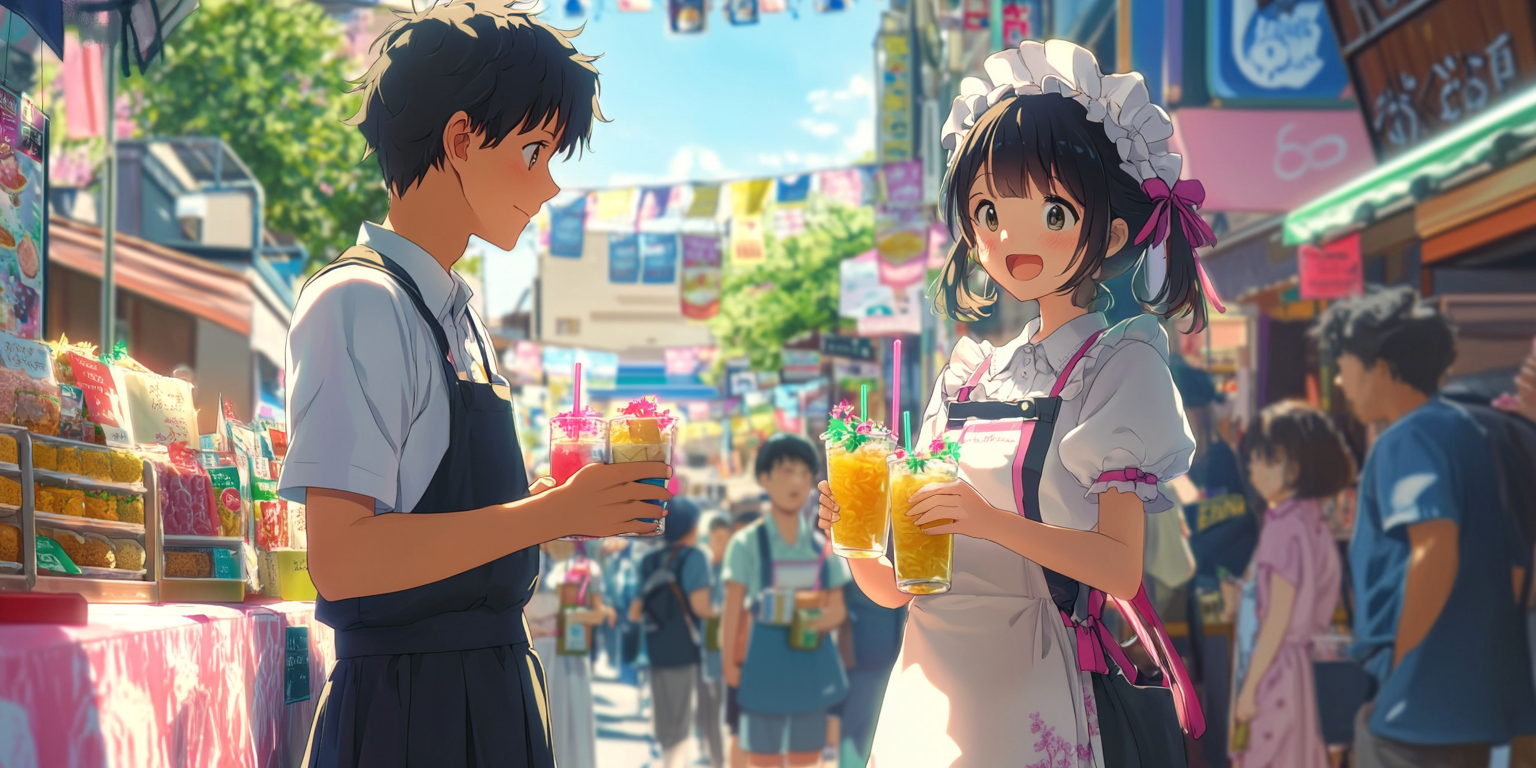
In addition to my laboratory life, I also participated in many extracurricular activities to enrich my life in Japan. In this chapter, I will share my experiences of school festivals, club activities, and part-time jobs.
This is the first article in the series "Ch4: Extra-curricular Activities".
- ①Graduate School Festival: Suzukakaidai Festival and Kodai Festival ← You're here.
- ②Basketball Club: From Club Culture to Niigata Ijuku
- Part-time job: Marukame's battle experience
Highlights of this article
- A complete introduction to the two university garden festivals at Tohoku University of Technology (Suzukakaidai Festival and Tohoku University Festival)
- In-depth analysis of the Open Campus Day (OCCD)
- Types and features of booths at the school festival (pearl milk tea, cosplay café, research lab displays)
- Differences between Japanese school festival culture and Taiwan's garden party
- Tips and Preparation Guide for School Festival Booth Operation
- Guided Reading and Reading Suggestions
- Quick Checklist (a must for attending the Japan School Festival)
- The Complete Introduction of the Two University Campus Festivals at TUST
- Types and features of the school festival's "mock-up stores
- Experience it for yourself
- Conclusion
- Frequently Asked Questions (FAQ) for Readers
- Related Resources
- Read Next
Guided Reading and Reading Suggestions
Gakuen-sai (school festival) is an important symbol of Japanese campus culture, and every fall, universities hold grand school festivals. There are two school festivals at TUT:Suzukakaidai Festival(May) and college entrance exam for laborers (Taiwan)(October). This article will take you deeper:
- ✅ TUT's Two Campus Festival(Time, place, features, scale)
- ✅ OPPONENT KITCHENS(Purpose and activities of Open Campus Day)
- ✅ Types of booths at the school festival(Food, performances, laboratory demonstrations, experiential activities)
- ✅ Experience Sharing(Pearl Milk Tea Booth, Cosplay Cafe)
- ✅ School Festival vs Taiwan Garden Tour(Comparison of Cultural Differences and Characteristics)
We recommend that you first read the Quick Checklist, then read the introduction and experience of the festival, and finally refer to the FAQ for answers to frequently asked questions.
Quick Checklist (a must for attending the Japan School Festival)
- 📋 Preparing for the school festival
- Confirm the date and time of the school festival (usually two days during the weekend).
- Check the official website of the festival or SNS (for information on booth configurations and performance schedules).
- Plan your visit (map, must-see booths, must-eat food)
- Prepare cash (many booths do not accept credit cards)
- Carry a green bag (for loot).
- Invite a friend (it's more fun!)
- 📋 School Festival Must-Do List
- Taste the specialties(Pearl Milk Tea, Takoyaki, Fried Noodles, Crepes)
- Visiting the Research Laboratory(Knowledge of the research results of the departments and institutes)
- Watching Stage Performances(band, dance, comedy)
- Experience Cosplay Cafe("Maid's Café, Deacon's Café)
- Participate in experiential activities(Science experiments, DIY)
- Buy Club Neighborhood(T-shirts, badges, posters)
The Complete Introduction of the Two University Campus Festivals at TUST
Whenever you talk about school life in Japan, whether it's in an animation or a Japanese drama, you're bound to see the "Gakuen Matsuri" (Chinese: 学園祭), a festival that celebrates youth.Gakuen Festival (がくえんさい) It is a campus festival for Japanese universities and high schools, similar to a garden party in Taiwan, but on a larger scale, more formal and more organized. The following areMain Features of the School Festival::
| distinctiveness | Description |
|---|---|
| community-driven | Organized by Student Clubs, Research Office, Student Union |
| Openness to the outside world | Visitors from outside the school are free to visit |
| Multi-pitch | Food, games, demonstrations, performances, experiential activities |
| Cultural Presentation | Showcasing school characteristics and student creativity |
| Social Networking | Communication Platform for Students, Alumni, Parents and Community Residents |
🏫 Two University Campus Festivals at Tohoku University
The University of East Science and Technology (formerly known as the University of East Technology) has three main campuses, two of which each have their own campus festivals.
1️⃣ Suzukaedai Festival (Suzukaedai School District)
- Basic Information
| Project | Content |
|---|---|
| Time | May (usually 1-2 weeks before the Great Festival) |
| Location | Suzukake-dai Campus (Midori-ku, Yokohama-shi, Kanagawa) |
| Organizer | Suzukaedai School District Student Council |
| Participants | Students, faculty, staff, alumni, general public |
| Scale | Medium (about 30-50 booths) |
| distinctiveness | Polytechnic Research Exhibition, Mini Garden Party |
- Features of the Suzukaedai School District
- Faculty of Life Science and Technology, Faculty of Environmental and Social Science and Technology
- The campus is small, but the school festival is more elaborate.
- More presentations in the research laboratories and a strong academic atmosphere.
- Lots of green space and beautiful environment
2️⃣ Kogyo University Festival (Ookayama Campus)
- Basic Information
| Project | Content |
|---|---|
| Time | October (usually a weekend in mid to late October) |
| Location | Ookayama Campus (Meguro-ku, Tokyo) |
| Organizer | Ookayama Campus Student Union |
| Participants | Students, faculty, staff, alumni, general public |
| Scale | Large (about 100+ booths) |
| distinctiveness | Stage performances, cosplay cafes, large-scale research exhibitions |
- Features of Ookayama School District
- The main campus of the University of East Technology, the largest scale
- The biggest school festival with the largest number of booths
- Stage Performance Enrichment (Band, Dance, Comedy)
- Conveniently located, with the largest number of visitors
3️⃣ Field Town School District (no school festival)
The Tadamachi Campus is primarily a research facility and an affiliated high school, and does not usually hold college festivals.
📊 Comparison of the Suzukakudai Festival vs. the Kogyo Festival
| Project | Suzukakaidai Festival | college entrance exam for laborers (Taiwan) |
|---|---|---|
| Time | Held in mid-May (earlier) | Early 110 to early November (later) |
| Location | Suzukaedai Campus | Ookayama Campus |
| Scale | few | oldest |
| Exhibition Features | Presentation of research centered on the Suzukaedai school district Opening of the research laboratories for tours | There is a wealth of social clubs to show and tell Opening of the research laboratories for tours |
| Food Booth | Fewer (10-15) | More (30-40) |
| theatrical performance | less | More (all day long) |
| Recommended for | Students and staff, local residents, People interested in research | Students and staff, local residents, Candidates and their families who are interested in ETSU |
🎓 オープンキャンパス (Open Campus Day)
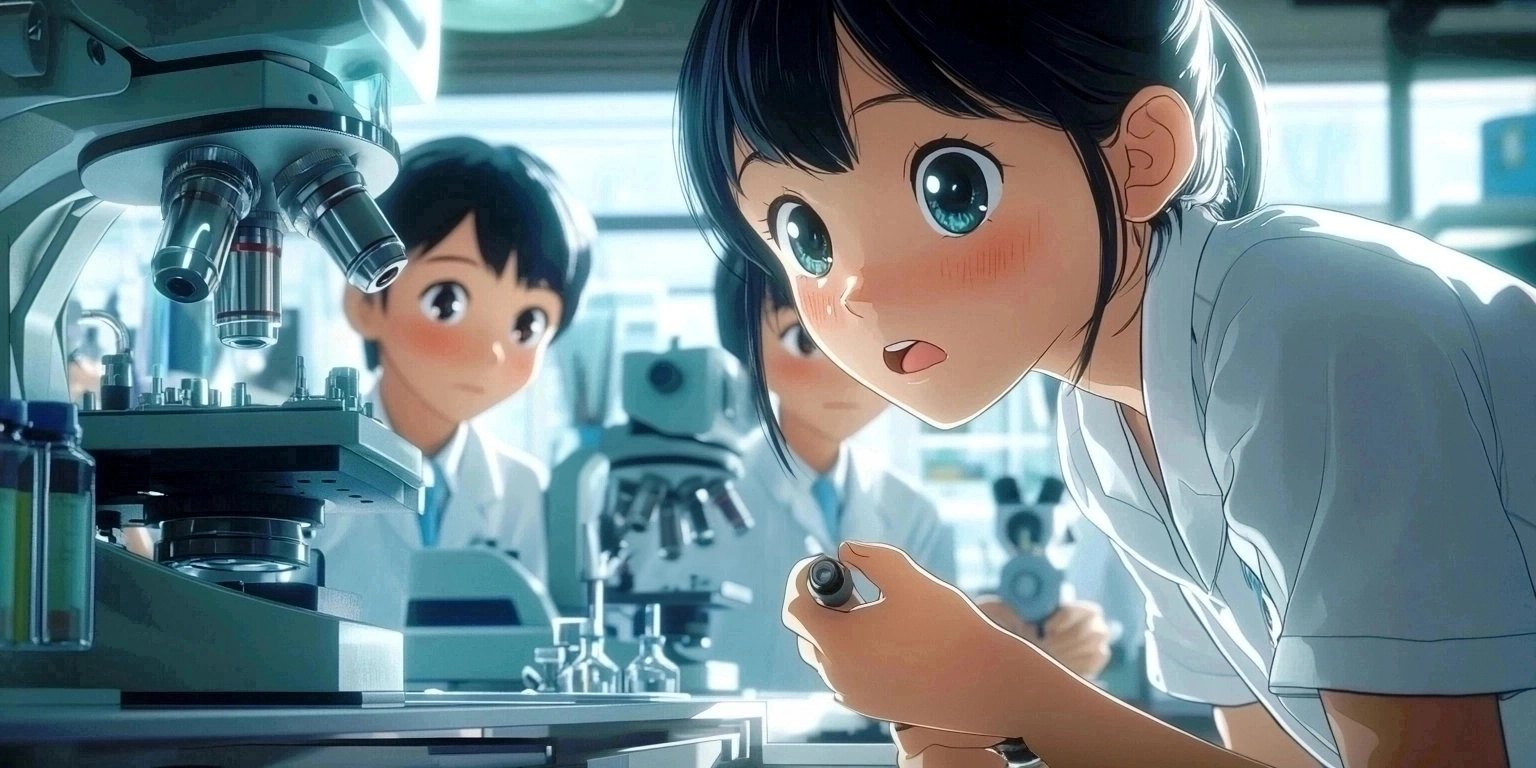
"Oupun Kempas", which can be translated as "Campus Open Day" in Chinese, is an event in which schools open their campus facilities to the general public so that they can experience school life and teaching content. It is mainly held at universities, junior colleges, high schools and vocational schools. The following is a brief introduction to the Japanese University Open Day:
- goal
- Provide college information to prospective students: To enable students to gain practical experience of the atmosphere, facilities, curriculum content and student life of schools, which will serve as an important reference for them in choosing schools to attend.
- Showcasing the charm of the school: To make more people aware of the school's characteristics and educational philosophy and to attract more students to apply.
- Feedback: To open up the campus to community residents, to promote communication between the school and the community, and to give back to the community.
- Content(Although it will vary from school to school, the following items are usually included)
- Campus Guide: Campus Facilities Tour
- Simulated Courses: A simulation course to experience the actual course
- Communication with current students: Opportunities for direct interaction and consultation with current students
- Club Activities: Introduce the content of the club's activities
- Enrollment Orientation: Orientation on Entrance Examination
- Individual Consultation: Individual consultation time with teachers and staff
- object (of discussion)
- Junior high school students, high school students, college students, and members of the public who are considering going on to higher education.
- Community members interested in the school
In short, although both campuses have campus open houses, the Sukakadai Festival differs greatly in terms of when, where, and the scale and content of the events held. While the Suzukakaidai Festival emphasizes more on research and academics, the TUST Festival is a more comprehensive campus event. Please refer to the official website of Tokyo University of Science and Technology (formerly Tokyo Institute of Technology) or the announcement of the student union for the specific time and date of the festival, as they are subject to change.What's NewThe
💡 Can I join the Olympics if I am an international student?
You can! Even if you are already a current student or exchange student, you can participate in the Olympics to learn more about what other departments are studying or help out as a tour guide volunteer.
Types and features of the school festival's "mock-up stores
When I walk around the school festival, I often see the word "simulation store", why are these stalls called "simulation store"?
"Origin of "Mockup Shop
This is due to the following ordinance:
The Food Sanitation Law, Article 4, Section 7, stipulates that "management" shall be recognized as an act of providing food for the purpose of "promoting" the provision of food for the purpose of repeated procedures, katsu school education, regional revitalization, and regional activation.
(Chinese: According to Article 4, Item 7 of the Food Sanitation Law, "operation" is not recognized as an act that is not repeated and continuous and is incidental to the provision of food as part of school education or an "activity" carried out for the purpose of promoting community development, community activation, etc.)
This is why the term "mock-up store" is used to differentiate between general caterers. Generally speaking, the following situations can be accommodated by simply submitting a "mock-up store" application form:
- Festivals organized by government agencies, etc.
- Sports events and festivals organized by the mayor's office, youth clubs, women's clubs, etc.
- Cultural festivals and agricultural festivals organized by schools, farmers' associations, etc.
- Charitable activities organized by social welfare corporations, etc.
- Sports events and festivals organized by trade unions and businessmen.
- Festivals organized by shrines, temples, etc.
If you are not a member of the above organization and you have a continuous vending activity, you need to apply for a business license for the food and beverage industry.
Common Mock-up Shop Types
Below are some of the most common types of school festival simulators.
- 🍜 Food
- Handmade by studentsNot outsourced, students do it all themselves
- AffordableCheaper than outside. 20-30%.
- Ready to cook and sell.: Freshness guaranteed
- Queuing Culture: 10-20 minutes queuing time for popular booths.
- 🎭 Show
- Orchestra Performance: Live performance by the Student Orchestra
- dance performance: Hot Dance Club, Japanese Dance
- comic dialog: Funny skit
- Singing Contest: Student Singing Competition
- Magic Show: Magic Club Performance
- 👘culture
- Haunted House (Okurayashiki)Student haunted house decorations for the general public to experience a simple haunted house.
- Cosplay Cafe (Cosplay Tea)::The most Japanese booth!
- Admission: 300-500 yen (including one drink)
- Service: Maids/deacons will sing, dance and chat with you.
- Photo-taking: You can take photos with maids/deacons (extra charge applies).
- Atmosphere: very happy, many people experienced it for the first time!
- 🔬 Research lab display booths (usually found in universities)
- To let the general public know about the research results of individual laboratories and to demonstrate the strengths of the laboratories.
- Cultivate children's interest in science
- Enrollment Publicity
| Type | Description | Suitable for |
|---|---|---|
| Scientific Experiments | Live demonstration of interesting science experiments | Children, people interested in science |
| Robot Display | Demonstration of robots developed by the research laboratory | engineering enthusiast |
| VR/AR Experience | Latest Virtual Reality Technology | Technology Lovers |
| Chemistry Laboratory | Miraculous Chemical Reactions | child |
| Architectural Models | Architecture Department's Showcase | Architecture Enthusiast |
| Environmental Technology | Research on environmental protection | People who care about environmental issues |
Experience it for yourself
During the year, I also experienced these two school festivals, and the following describes my experience.
Suzukakaidai Festival
Not long after I came to TUT, I was on my way to the research laboratory, and as soon as I got out of the station, I noticed that the normally quiet station was filled with people, and I wondered why there was a flea market all of a sudden, but when I got to the entrance of the university, I found out that today (May 14th) was the Suzukake Taisai Festival. At that time, the poster booth of the research laboratory was held in the cafeteria, which was very much like a mini academy, and some professors and students stood in front of the posters to explain their research and answer questions from the audience.
In addition to small presentations, there are also some laboratory experience activities, such as a concrete laboratory, there is a "concrete experiment seminar" for children and their parents to listen to; and our research laboratory building below the medical machinery related research booth, to promote their research and development of medical equipment.
When it comes to school festivals, a garden party is a must, and even though the Suzukakkeidai campus is small, there are still some booths and performances, so it's really a small place with a lot of things going on. After buying yakisoba and other snacks, we watched the acrobatic club in the atrium, showing their passion and youthfulness.
college entrance exam for laborers (Taiwan)
On October 8, TUT held the "TUT Festival", which was a great campus festival, and the actual experience was also great.
I didn't take any photos because I was only interested in the experience, but the two things that impressed me the most were the expensive pearl drinks and the cosplay simulation store.
🧋The first time I tasted pearl lemon tea in Japan!
For those readers in Taiwan, have you ever seen a pearl lemon tea with a countable number of pearls? And, it's sold for 300 yen (about 90 NTD back then)?
In fact, from the year I was exchanged, there was a third "Tapioca Boom", hand-rock cup drink stores opened one after another, and SNS was filled with beautiful photos of netizens and hand-rock cups. As a Taiwanese, I also discovered a cultural difference between Taiwanese and Japanese hand-rock stores:
| Project | Japanese | Taiwan |
|---|---|---|
| marketing technique | Social Media Usage Just add "from Taiwan" and it's always a hit. | Diversification and Branding In recent years, many new stores have been launched with celebrities |
| segments | Predominantly young women | Both men and women, from students to elders. |
| mount (a picture) | Cafe-like interior | At the discretion of the brand or the owner |
| Services | Japanese etiquette and hospitality with a smile | More casual |
| Is it possible to use it internally? | most likely | Mostly not (except restaurant type) |
| Menu | Combination of unique beverages such as Japanese matcha and roasted tea. Fewer ingredients | Mainly Taiwan Tea There are many variations of toppings, such as Fairy Jelly, Love Jade and so on. |
| Price | Higher | Lower (with a gradual increase) |
| measure word | less | More (usually large cups to start) |
| adjustments | Fewer stores can adjust the sweetness of ice cubes. | Most of them can be customized in detail |
| Pearl Taste | I'm very impressed with the store, and the Taiwanese chain is not bad at all. | Basically, it's good. |
Perhaps due to the difference in marketing and publicity methods, in Taiwan, we can often see a grandfather or uncle in the rain, riding a motorcycle to the hand-rocked drink store to buy and then leave the scene; but in Japan, you can only see the whole store is specially dressed young women sitting in the hand-rocked cup store to talk about the world, and a glance outside the store is a long line of beautiful women, even if the young boys want to drink it is a kind of out of place, so I have not gone in. I have never been there. After all, as a Taiwanese, I will drink it a year later when I return to Taiwan.
💡 Cultural Observations: The pearl milk tea craze in Japan is interesting to Taiwanese. In Taiwan, Jen milk is an everyday drink that can be bought for 50-100 NTD. However, in Japan, Jen milk has become a "premium drink", with a cup costing 500-800 yen (about 140-220 Taiwan dollars, converted at the 2016 Japanese exchange rate).
However, when I was at the FTU festival, I found that even ordinary university students were selling pearl tea drinks, and there was more than one of them, so I was curious and ordered a cup of pearl lemon tea.
I didn't expect that not only is it expensive, but also the number of pearls is so small that I can count them. After taking a sip, the texture of the pearls was not flexible, and the tea itself was too sweet, so it might have been adjusted to fit the Japanese taste. After that, I didn't buy any pearl related drinks at the school festival.
My feelings::
"Although I didn't get to drink Taiwan-flavored pearl lemon tea, I was touched by the Japanese students' seriousness in boiling the pearls and mixing the milk tea. They may not know that pearl milk tea is actually Taiwan's 'national drink' and is found everywhere in the streets of Taiwan. However, seeing the students trying to sell Taiwanese shaker cups, I am grateful to them for helping to promote Taiwanese culture."
💃 Cosplay Cafe Experience
Cosplay Cafe (Cosplay Tea) It is a special event of the Japanese School Festival where students act as anime characters, maids, and deacons, and provide drinks and refreshments. The following are some of the most common eventsCosplay Cafe Types::
| Type | Description | distinctiveness |
|---|---|---|
| Maid Cafe | Girls as maids | "お帰りなさいませ、ご主人様" |
| Deacon's Cafe | Boys as Deacons | "Simone, Iara Shaymasse." |
| Anime Themes | Play as a specific anime character | Interact with characters and take photos |
When my friend saw a cosplay cafe simulation store launched by the Anime and Manga Research Association, he invited me to go there, and as a boy who grew up with memories of Japanese anime and manga, I of course agreed to go.
Afterwards, it was really Tohoku University. Since most of the students were male, many of the female characters were dressed as women, but the students in the classrooms worked hard to emulate the characters in the anime. Some made their own clothes, some went out of their way to buy decorations, and some of the male students worked hard to learn how to do makeup, and seeing that so many of the characters that they knew were there made the trip to the TU Festival worthwhile.
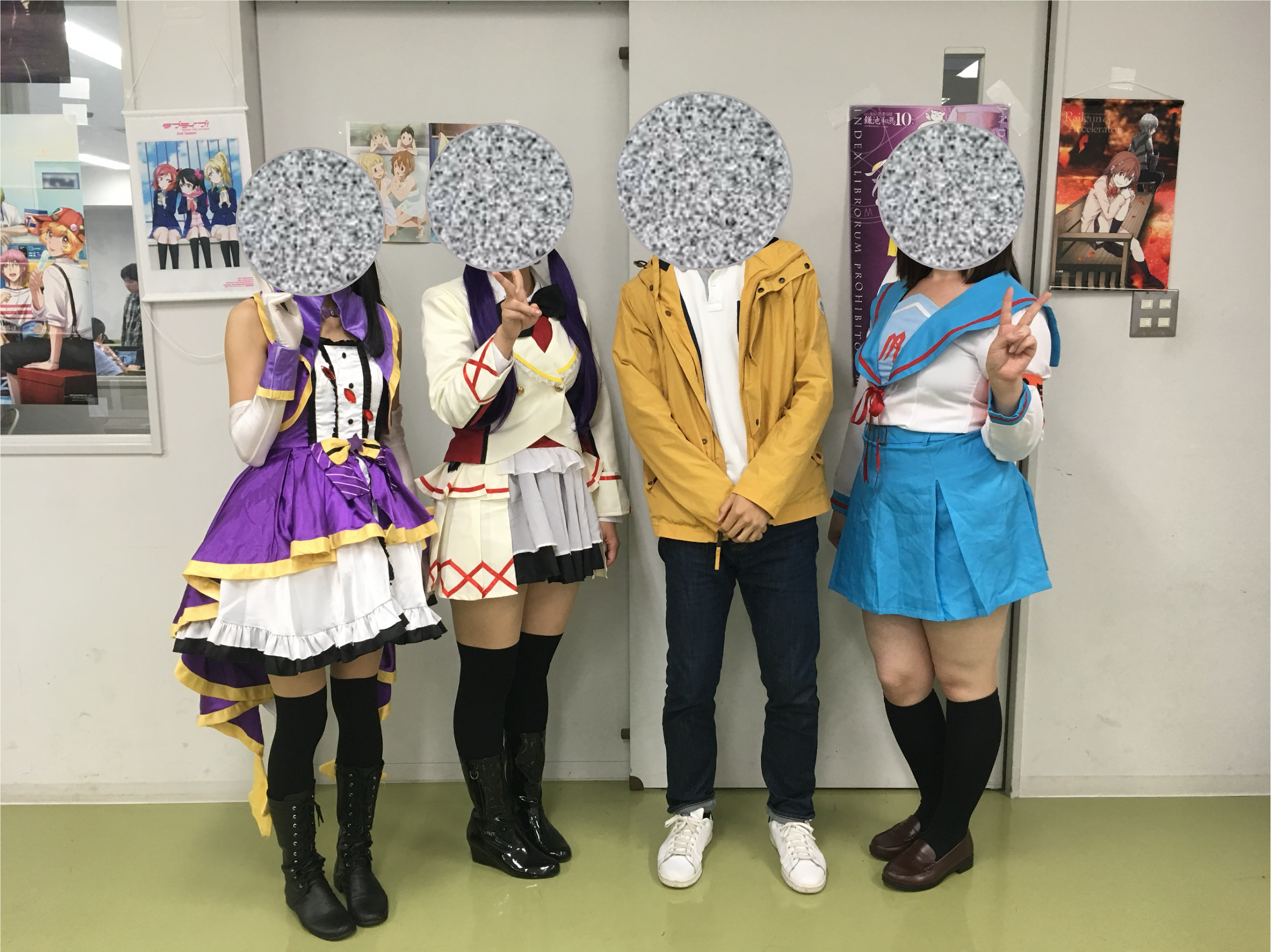
My Experience::
- admissionThe maid came out to greet them.
- Welcome Message: "お帰りなさいませ、ご主人様!" (Welcome back, master!)
- take one's seatThe maids bring the seats to the table.
- A la carte: Choice of beverages (coffee, tea, juice)
- performancesSinging and dancing with the maids.
- InteractiveThe maid will come and chat and ask you where you're from.
- pose for a photo: You can take a photo with the maid
- Away.The maid will come to the door and say, "Matta ochoshi kudasai" (Please come again).
My feelings::
"It was my first time to experience a maid café and I was really shy and excited! The Japanese students' seriousness in playing the role of maids was adorable, and even though it was a bit of a middle-aged experience, we all had a great time. That's the charm of Japanese school culture: no matter what you do, you have to take it seriously!
Conclusion
The Tohoku University Campus Festivals (Suzukakaidai and Kogyo Festivals) are an exciting experience that you can't afford to miss during your time at Tohoku University. From the pearl milk tea booth to the cosplay café, from the research lab demonstrations to the stage performances, every aspect of the festival demonstrates the charm of Japanese campus culture and the creativity of the students.
The two times I participated in the program made me realize this deeply:
✅ School Festival is more than just a garden partyThe school is a comprehensive platform for showcasing the school's characteristics, students' creativity, and research results.
✅ Good opportunity for cultural exchange: Visit the research labs and greet the professors, get to know the atmosphere of the labs and the campus, and confirm your research interests.
✅ Creating unforgettable memories: Preparing and setting up a booth with friends is one of the most precious memories of studying abroad.
If you are going to study in Japan, I highly recommend it:
Actively participate in the school festival and visit the research laboratories!
In this way, you will feel more confident in completing your research project and other related paperwork when applying to schools in the future.
I've put the official website in the Resources section for news about the TIT (now called "Tokyo University of Science" due to the merger) campus visit day and other news, and for those who are interested, I've also included the latest news at the following link.
Frequently Asked Questions (FAQ) for Readers
- QDo I need a ticket for the festival?
- A
No need! The East Tech University Campus Festival is completely free and open to anyone.
- QCan international students work at the booth?
- A
Yes, we can! International students are very welcome to participate!
- Participation
- Joining a research booth: Inquire if the RL has a booth program.
- Join a Social Booth: Join a Participating Club
- Apply for your own booth: Apply with a friend (2-3 months in advance)
- Advantages of Student Booths
- You can show your country's culture (e.g. Taiwanese snacks, handicrafts)
- Attract more people to visit (people are interested in international culture)
- Practicing Japanese
- Building Relationships
- Participation
- QHow do I get information about the Festival?
- A
Below is the pipeline for obtaining information:
plumbing Description Official Website https://www.titech.ac.jp/public-relations/outreach/industry/festivals SNS X(The Great Sacrifice of Labor),Instagram(The Great Worker's Sacrifice) Poster Posters will be displayed on campus LINE Student Union LINE Official Account Ms. Principal. Ask an Elderly Sister classmate Ask a Student - Information
- Date & Time
- Booth Configuration
- Stage Performance Schedule
- Olympics Activities
- Transportation Information
- Information
Related Resources
- Suzuka Festival 2016 | イベントカレンダー
- "The 38th Suzukake Matsuri Festival" kickoff report | Tohoku University News
- Campus Festival | Featured Social Connections - Tokyo Institute of Technology
- School cultural festivals and summer festivals of local governments, such as simulation stores.
- The "Tapioca House" in the center of the street has been eliminated...the "one-time sex ブーム" has been used to generate income.
- Olympics & Clubs - College & Hands-on Student Sites
Read Next
Let's go, let's read the next one!
Want a little refresher on the last one?
Or go back to the EP1 catalog for a different story?

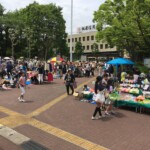
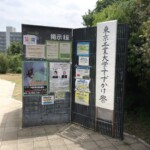
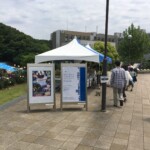
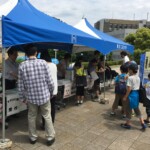
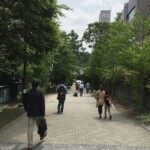
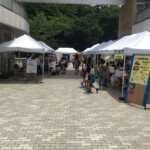
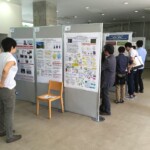
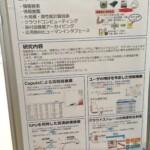
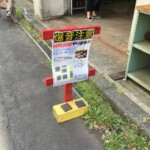
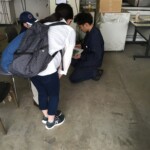
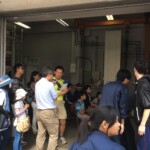
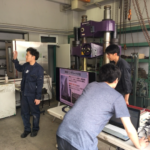
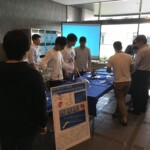
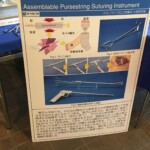
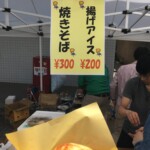
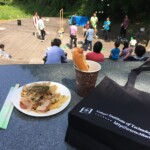
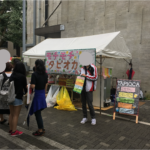
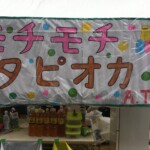
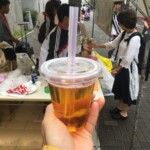

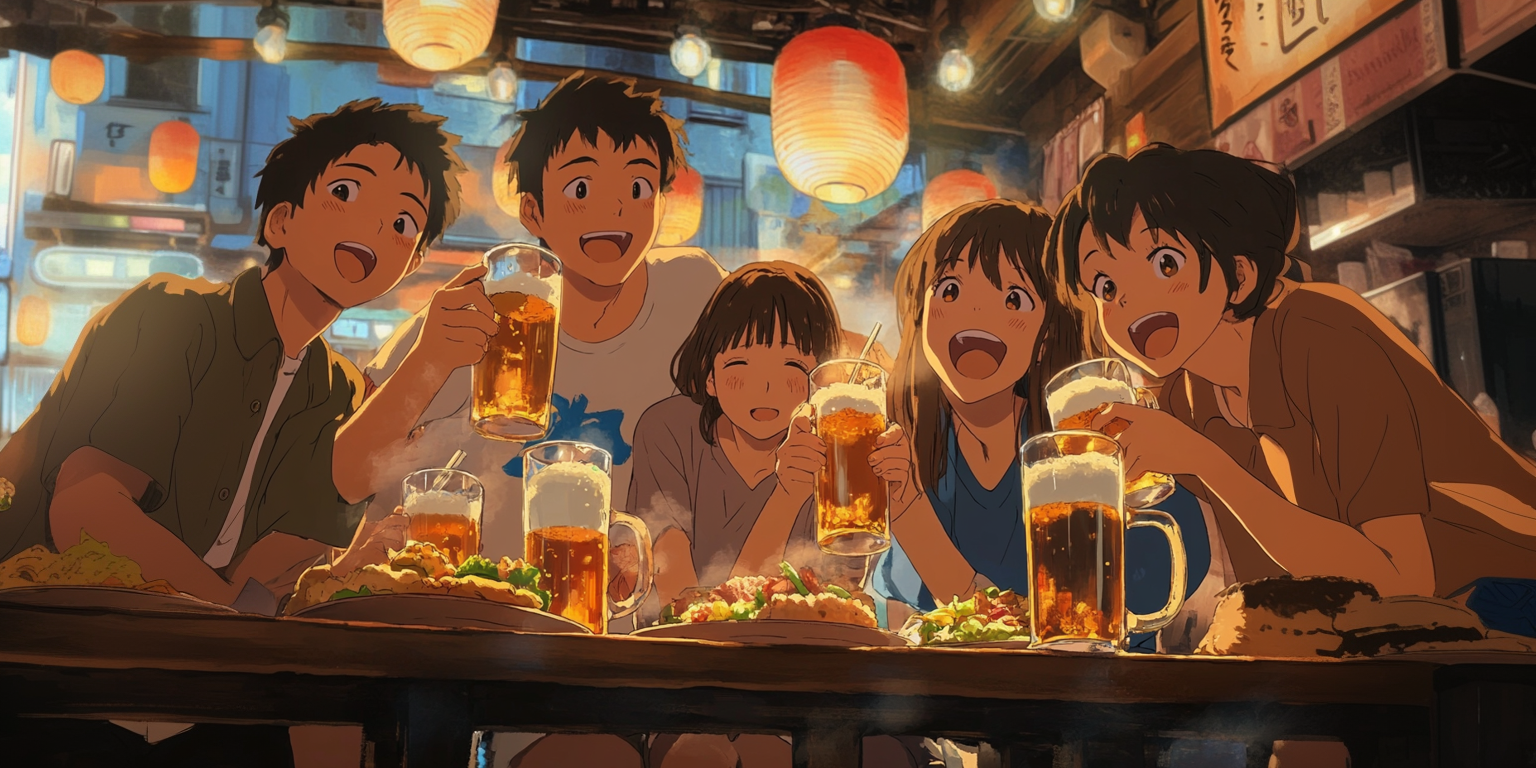
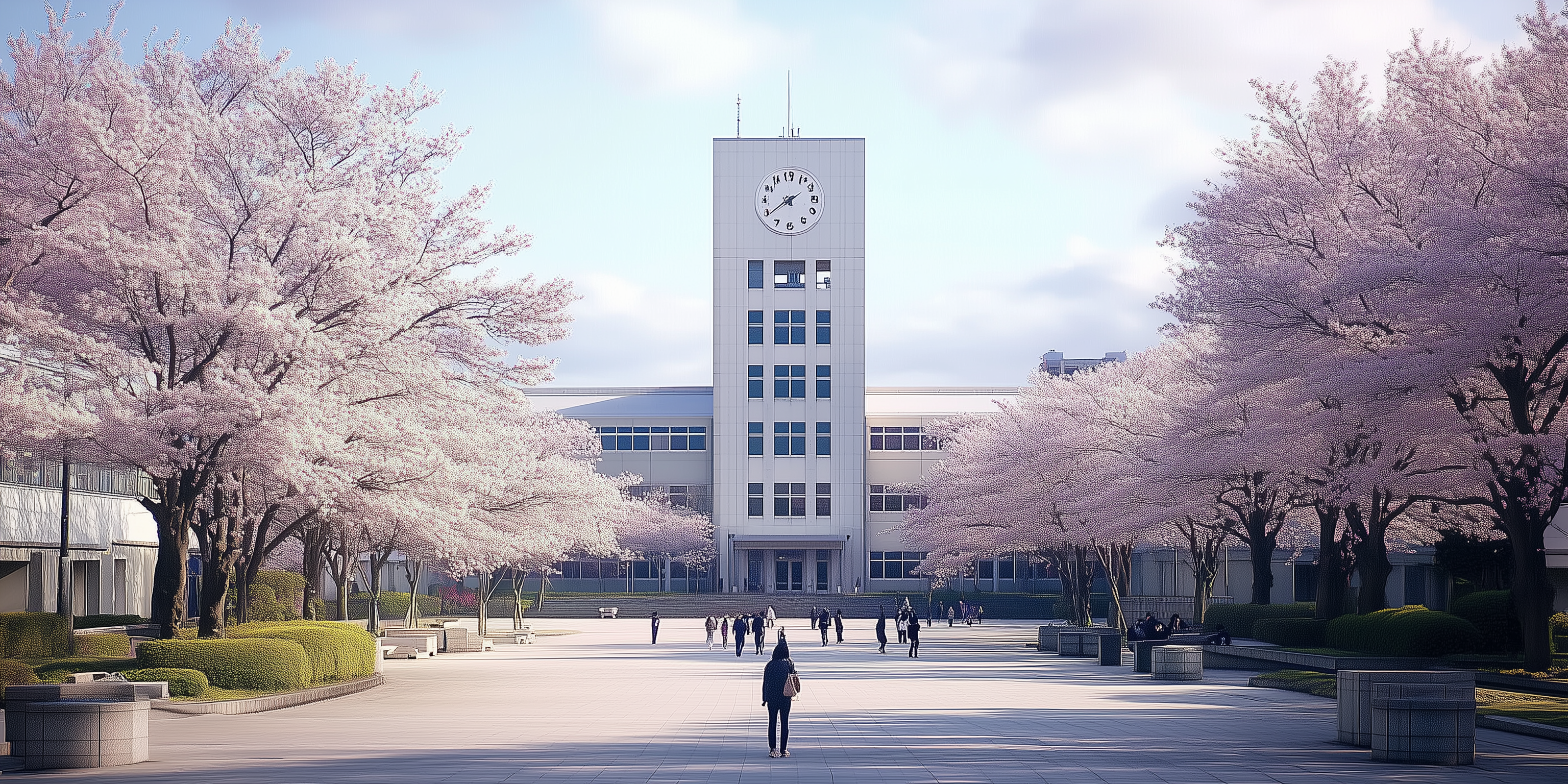
Message Center Feedback